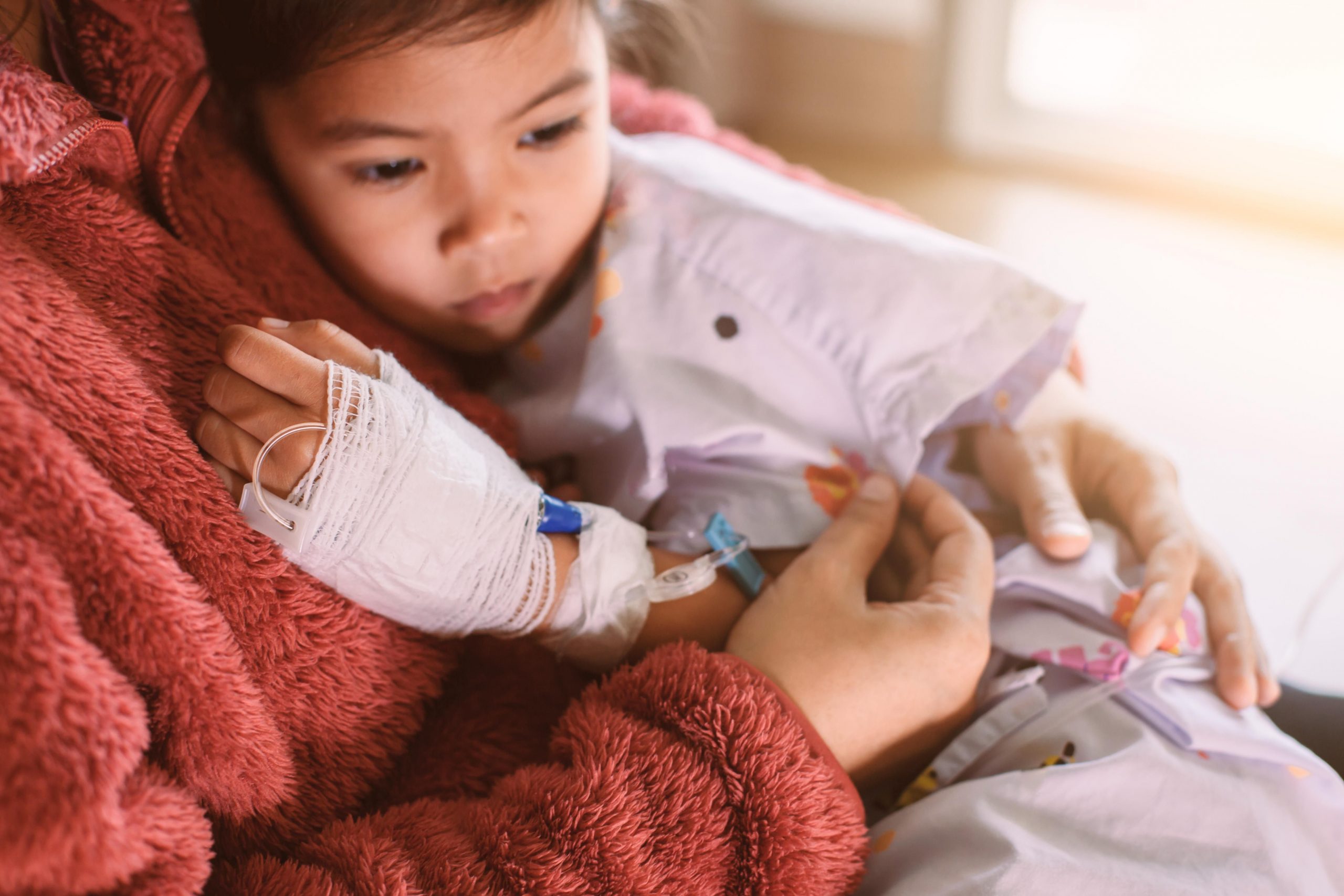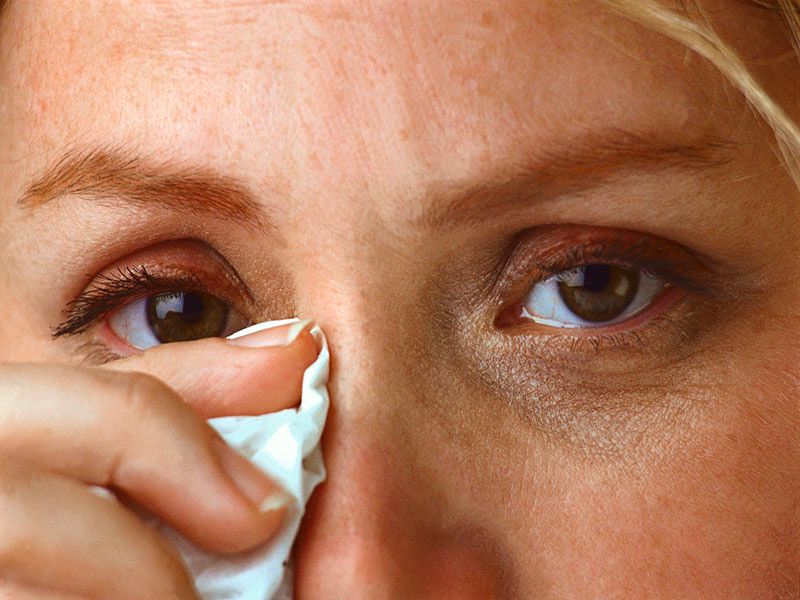
The future of diagnosing and targeting treatments for serious mental health disorders may include MRI brain scans. Researchers in the United Kingdom found that brain scans enabled them to identify which patients with major depression or psychosis were most likely to have poor outcomes. That could help doctors decide who might need more intensive treatment… read on > read on >






























